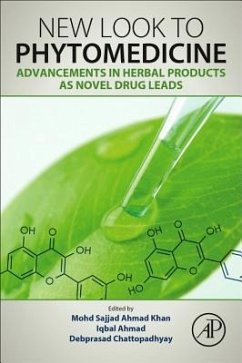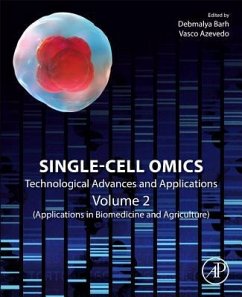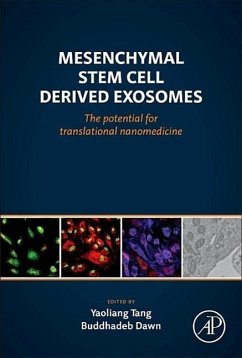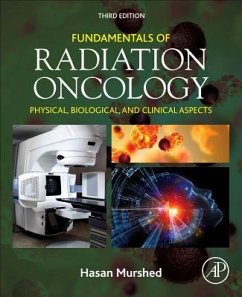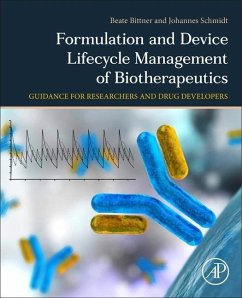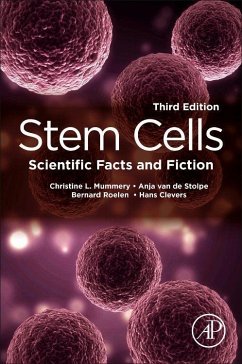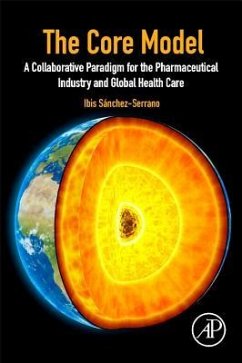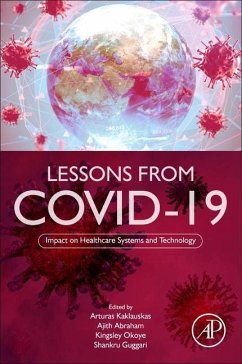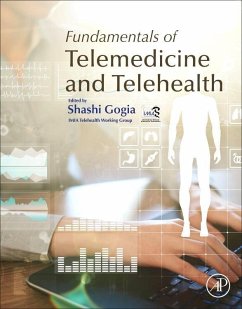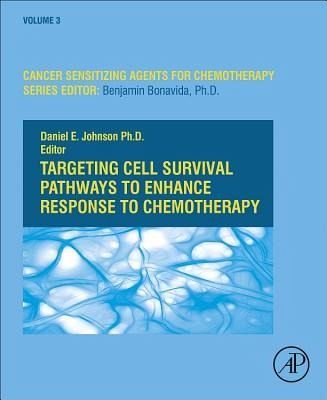
Targeting Cell Survival Pathways to Enhance Response to Chemotherapy
Volume 3
Herausgegeben: Bonavida, Benjamin; Johnson, Daniel E.

PAYBACK Punkte
67 °P sammeln!
Targeting Cell Survival Pathways to Enhance Response to Chemotherapy encompasses recently developed molecular targeting agents and approaches that suppress cell survival signaling. Cell survival signaling attenuates the effectiveness of conventional chemotherapy and numerous mechanisms have been described, and continue to be described, which contribute to cell survival in the face of chemotherapy treatment.Key pathways leading to chemoresistance emanate from growth factor receptors, PI3K, STAT3, anti-apoptotic Bcl-2 family members, autophagy, and the DNA damage response pathway. New advances h...
Targeting Cell Survival Pathways to Enhance Response to Chemotherapy encompasses recently developed molecular targeting agents and approaches that suppress cell survival signaling. Cell survival signaling attenuates the effectiveness of conventional chemotherapy and numerous mechanisms have been described, and continue to be described, which contribute to cell survival in the face of chemotherapy treatment.
Key pathways leading to chemoresistance emanate from growth factor receptors, PI3K, STAT3, anti-apoptotic Bcl-2 family members, autophagy, and the DNA damage response pathway. New advances have underscored the potential of targeting each of these cell survival mechanisms to improve responsiveness to chemotherapy. This book reviews these recent advances and provides a foundational background and hints of new opportunities for basic, translational, and clinical investigators focused on improving therapeutic responses to chemotherapy.
Key pathways leading to chemoresistance emanate from growth factor receptors, PI3K, STAT3, anti-apoptotic Bcl-2 family members, autophagy, and the DNA damage response pathway. New advances have underscored the potential of targeting each of these cell survival mechanisms to improve responsiveness to chemotherapy. This book reviews these recent advances and provides a foundational background and hints of new opportunities for basic, translational, and clinical investigators focused on improving therapeutic responses to chemotherapy.




